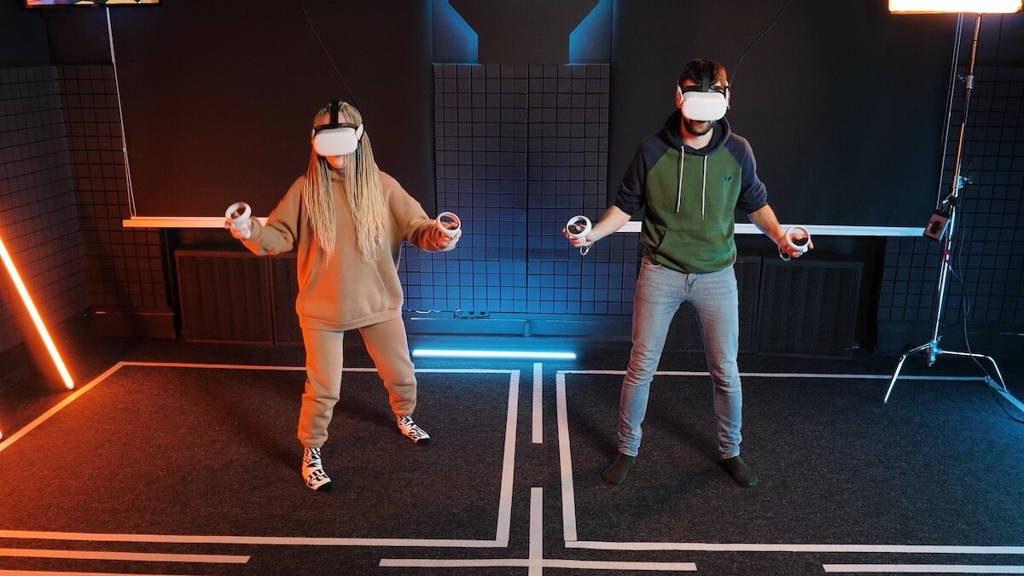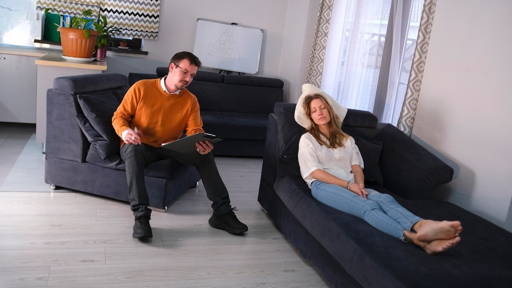It has been known for decades that physical exercise has a positive impact on the body and mind. But can digital sports experiences have the same effect? Research by Michigan State University (MSU) shows that augmented and virtual reality (AR/VR) sports games actually contribute to improving psychological well-being and promoting social connections.
The research, published in the International Journal of Human-Computer Interaction, was led by assistant professors Sanghoon Kim and Sangchul Park from MSU's Department of Kinesiology. Their study shows that playing AR/VR sports games such as virtual bowling, table tennis or billiards is not only fun, but also helps to reduce feelings of loneliness.
Social presence as the key
The researchers surveyed 345 players who used various AR/VR sports games on platforms such as Wii Sports (Nintendo) and Home Sports (Meta). The results showed that participants who felt more engaged with the game also reported higher levels of psychological well-being. Crucial to this is the feeling of social presence: avatars, real-time communication and non-verbal cues create an experience that is more than just a game.
It is striking that the effects were strongest among participants who felt lonely in their daily lives. For them, virtual interaction offered a valuable way to experience contact, which noticeably improved their well-being. ‘When people feel connected through avatars or virtual interactions, the experience transcends the boundaries of the game,’ according to Kim and Park.
New insights for care and policy
The findings shed new light on the discussion about gaming and health. Whereas traditional online interaction is often limited to textual communication, AR/VR gaming shows that richer, more human forms of contact are possible. According to the researchers, this opens up perspectives for applications within mental health care. For example, AR/VR sports games could be used in the future as a complementary intervention for people struggling with loneliness or mental health issues.
Not a solution for everyone
Nevertheless, the researchers emphasise that AR/VR sports games are not a one-size-fits-all solution. Some users feel uncomfortable with virtual communication, which can limit their sense of connection. It is therefore important that practitioners and policymakers are aware of both the opportunities and limitations of this technology. Education is also needed to properly guide users in exploiting the advantages while overcoming potential disadvantages.
The research shows that AR/VR sports games are more than just entertainment. When used carefully, they can contribute to better psychological well-being and stronger social bonds. In doing so, they open the door to innovative applications in mental health care and support.







